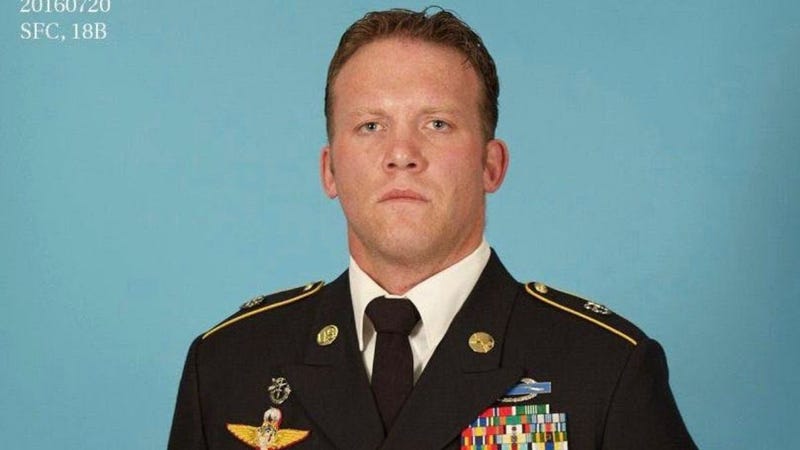
On Dec. 2, 2020, Master Sgt. William Lavigne and Timothy Dumas were found dead at a training site on Fort Bragg, North Carolina. The case is being investigated as a homicide, a spokesperson for Army Criminal Investigations Division told Connecting Vets.
Lavigne was a member of the Army's elite counter-terrorism unit, Delta Force, and deployed to Afghanistan and Iraq. Dumas was an Army veteran who previously served as the property book officer at 7th Special Forces Group before serving in the same role at Fort Bragg for nine years, according to his LinkedIn profile.
While justice for the apparent killings of Lavigne and Dumas has yet to be delivered, another family is also seeking justice, and speaking out about another killing in 2018 in which Lavigne was involved.
Lavigne and Sgt. First Class Mark Leshikar were best friends. Leshikar was a member of 19th Special Forces Group and had previously deployed to Afghanistan and Tajikistan. He was also suffering from a traumatic brain injury due to an improvised explosive device detonating near him, which was why he was assigned to a desk job at Fort Bragg. He and Lavigne would talk and argue with one another like they were brothers, Leshikar's sister Nicole Rick recalled in an interview with Connecting Vets.
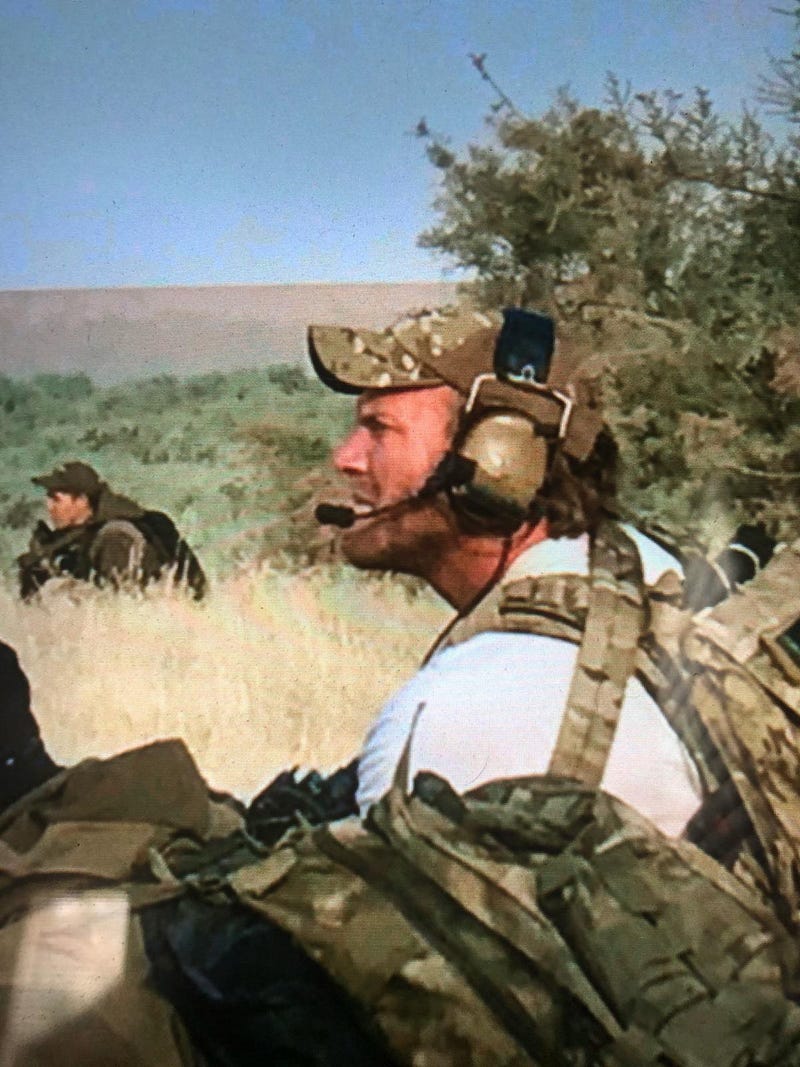
“He was the foundation of my family,” Leshikar's mother, Tammy Mabey said of her son. “His dad and I divorced when he was not even a year old so he kind of stepped into those shoes as the protector. And I was in law enforcement for all of the years that he was growing up so I was very hard on my kids, tried to make them strong and independent.
“So Marky just took everything, the pride in America that I have,” she continued. “He took that and he always was the one who would protect people who were being bullied in school because he was a big man.”
Because of his traumatic brain injury, Leshikar was prescribed Tramadol which he became addicted to, his family said. He would also self medicate with Valium. Leshikar and Lavigne were also known to use cocaine, Leshikar's family said.
“I knew about Mark's drugs, I knew about Billy's drugs,” Leshikar's mother said. She said she tried to get them to stop using narcotics.
From March 15 to 19, Leshikar and Lavigne were on vacation with their families at Disney World in Florida. On March 17, Leshikar called his sister, Nicole Rick, to wish her a happy Saint Patrick's Day. He was intoxicated, but happy, she said. It was the last time they would ever speak.
He also called his mother that night and told her that he and his wife had decided to get alcohol out of their family, and that now he knew what he had to do to start getting clean and putting his life together. It was the last conversation he would have with his mother.
According to Lavigne's statement to police, Leshikar began acting irrationally on the car ride back to Fayetteville, North Carolina. In his statement to police later that day he said that Leshikar was acting “paranoid” and believed that they were being followed, and that their conversation was being listened to by a third party. However, documents say that Leshikar's wife Laura spoke with him that day and he sounded lucid to her.
On the afternoon of March 21, they arrived at Lavigne's home in the 1300 block of Anhinga Court in Fayetteville. It is the last house in a quiet cul-de-sac on the backside of a neighborhood about 20 minutes away from Fort Bragg.
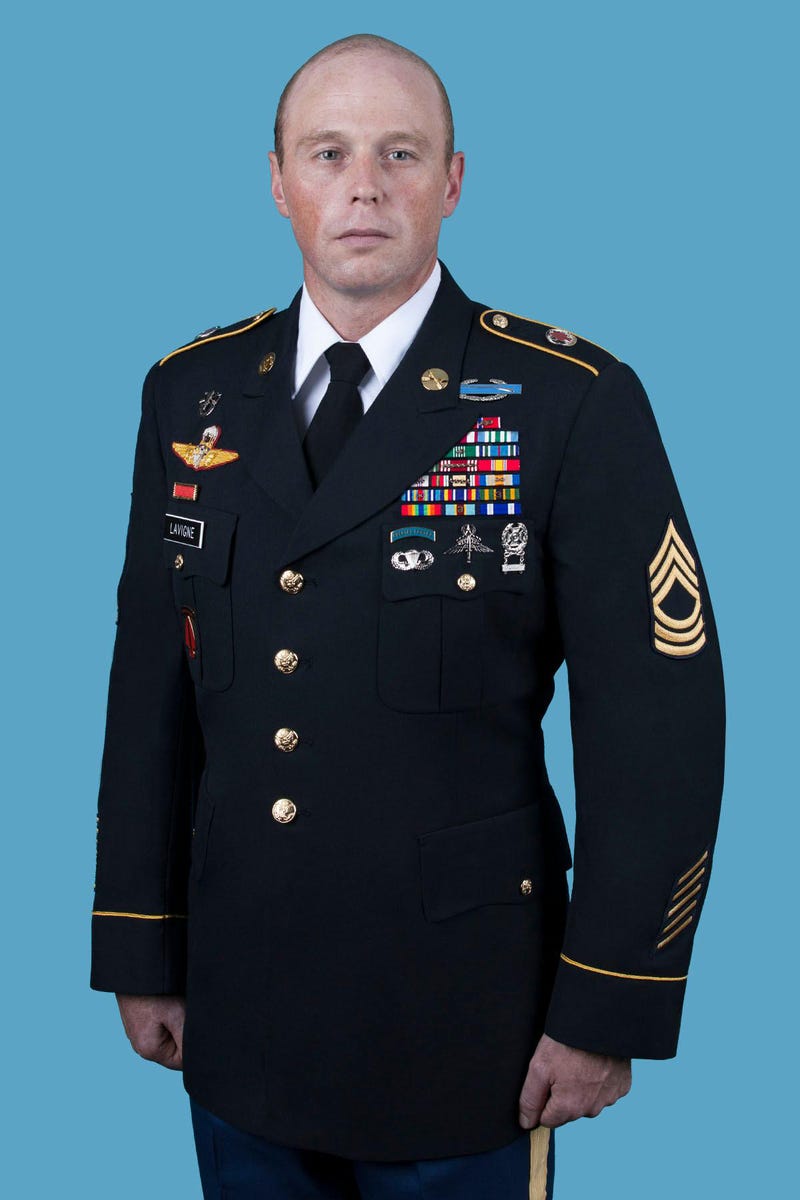
Leshikar began working on his car out in the driveway. Lavigne later said in a statement to police he was removing the car's battery. During this time, the two allegedly had an argument which then turned into a physical confrontation, according to a 1st Special Forces Command memorandum obtained by Connecting Vets. It turned into some sort of wrestling match, but what the argument was about remains unclear.
Lavigne then went into the home, and locked himself inside with both of their daughters, who were around five years old at the time. Leshikar's daughter said that William or “Uncle Billy” was scaring her, and unlocked the door for her father to enter, Leshikar's family said.
What happened next remains disputed by the family members of both men, but the medical examiner's report reveals some details. Leshikar was found by police officers and the medical examiner in a prone position with multiple gunshot wounds to his chest and neck.
Four .45-caliber shell casings were found at the scene. Three of four gunshots struck Leshikar, according to the ME report. One penetrated his neck and lodged in his back. Another struck hit him in his right side. The third was a superficial grazing wound across the left side of his neck, the bullet arching at a 45-degree downward angle, the bullet passing from back to front.
Bullet fragments were present underneath the carpet as well as in the kitchen and living room areas of the house. Additional abrasions were found on his left hand and both knees. A toxicology report revealed trace amounts of Tramadol and Valium in Leshikar's system.
Connecting Vets contacted Cumberland County Sheriff's Office to obtain a copy of the full incident report, but was told that it will only be released with a court order from a judge. Calls to Cumberland Country Sheriff's Office detectives to ask specific questions about the investigation went unanswered and the Sheriff's Office did not respond to requests for further comment.
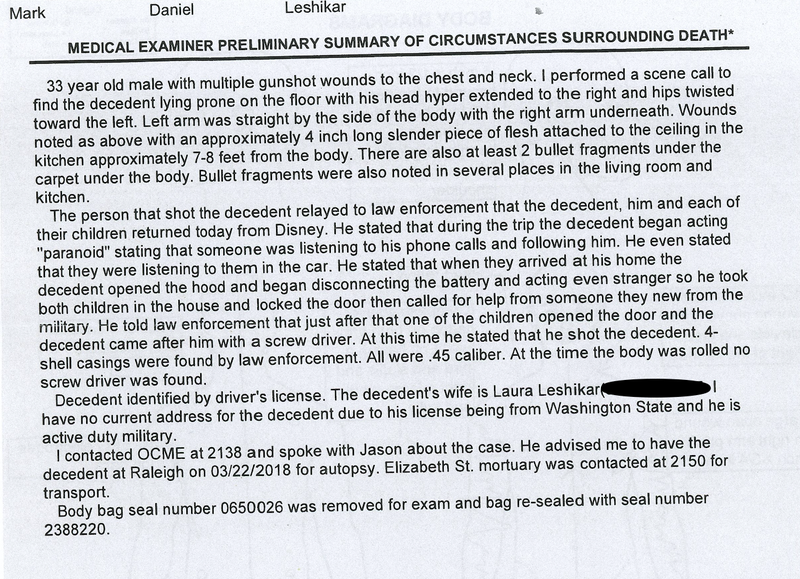
Lavinge's statement to law enforcement at the scene was that Leshikar had attacked him with a screw driver. An Army memorandum states that Lavigne first alleged that Leshikar had killed himself, but then changed his account of what happened.
“At the time the body was rolled no screw driver was found,” the Medical Examiner's report states.
A Defense Department memorandum based on the Cumberland County Sheriff's report revealed additional inconsistencies.
“No screw driver or any weapon was found near SFC Leshikar's body,” the memorandum states.
Additionally, Lavigne “never stated or implied that he moved the screw driver or any weapon after shooting SFC Leshikar.”
Another inconsistency was noted when Lavigne told officials, “Leshikar was acting in a menacing manner but he could not see SFC's Leshikar's hands,” which appears to contradict his statement that he saw that Leshikar brandishing a screw driver.
“William told me that my brother had a screw driver but nothing was found at the scene,” Leshikar's sister told Connecting Vets.
Law enforcement later told Leshikar's family that they had found a screw driver, not at the scene of his death, but outside near his car where he had been removing the battery.
"The shooter's own words bury his ass because there is no screw driver. Did it disappear or melt? Someone tampered with the crime scene or he's lying," said Paul Ciolino, president of the International Association of Forensic Criminologists, after reviewing documents from the case. As a criminal profiler, Ciolino has investigated and exonerated death row inmates.
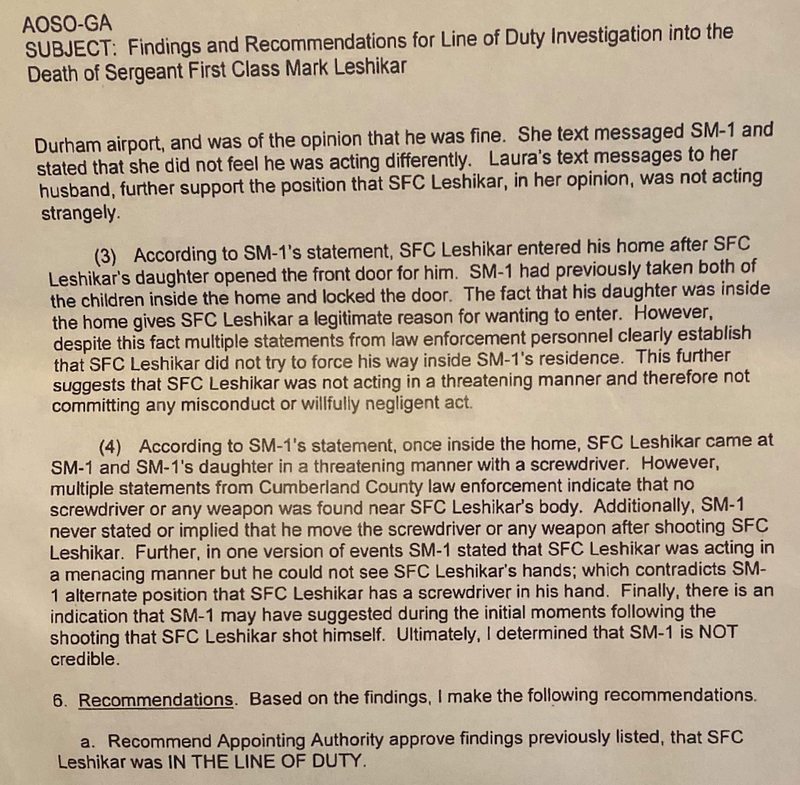
The memorandum from 1st Special Forces Command written by an investigating officer appointed by the command, concluded that Lavigne was not credible. 1st Special Forces Command ruled that Leshikar's death was in the line of duty, and of no fault of his own. Yet, the Cumberland County Sheriff's Office which ran the investigation of Leshikar's death since it happened off post, ruled it to be a "justifiable homicide." Meanwhile, Lavigne's career continued unabated at USASOC.
The Cumberland County Sheriff's Office told Connecting Vets that it will not release the police report itself, which was written by police Sgt. Christine Booyer, without a court order.
So Leshikar's death remains in conflict. Special Forces Command decided he died in the line of duty, while the local sheriff's office ruled his death a justifiable homicide, all while Lavigne, continued his work with Delta Force.
USASOC declined to comment based on concerns about privacy, but pointed out that a police investigation and a line of duty report have different burdens of proof. A CID investigation reached the same conclusions as the sheriff's office, that Leshikar's killing was deemed justifiable.
More inconsistencies
A Delta Force operator known to be good friends with both Lavigne and Leshikar was allegedly the first person Lavigne called as things deteriorated with Leshikar the day he died.
"Mark and Billy had a brotherly relationship and (the second Delta operator) was the papa bear that put them in line,” Leshikar's sister described. Connecting Vets is not naming the Delta Force operator as attempts to contact him were unsuccessful, and he may still work on sensitive assignments.
She said that this friend got in his vehicle and was driving to Lavigne's house to help sort things out when he allegedly got a second, frantic phone call from Lavigne saying he had killed Leshikar.
Once at Lavigne's residence, Leshikar's family say the friend took Leshikar's phone. He returned the phone to his wife Laura days later saying he found it between the driver's seat and center console of Leshikar's car.
A source familiar with Army Special Operations told Connecting Vets that Delta Force operators use proprietary encryption software on their phones for day-to-day work related calls and text messages. Whether the friend also secured Lavigne's phone is unknown. Rick described her brother's friend as a good and honorable man, although she is concerned with some of his actions that day. He was a part of Leshikar's funeral service, she said.
Leshikar's family alleged that Lavigne was never administered a toxicology screen to test him for alcohol or narcotics in his system following the shooting. None can be found referenced in available paperwork either. He was brought down to the sheriff's office the day he killed Leshikar, and a Delta Force member came to pick him up, according to Leshikar's family.
In February 2019, Lavigne had another brush with the law. He was charged with a felony for allegedly harboring an escapee. He was scheduled to appear in court March 12, 2019, but the charges and court date disappeared from court records. Connecting Vets was provided screen shots of those charges and the court date.
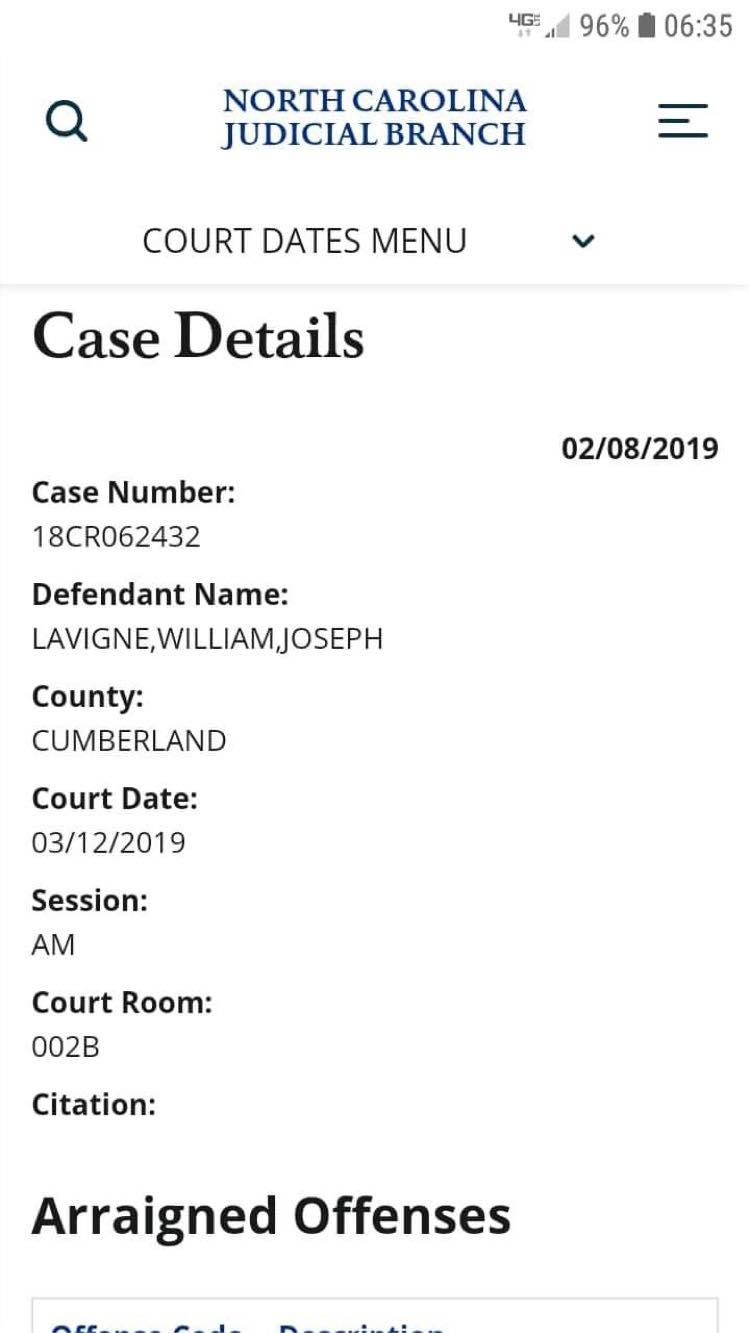
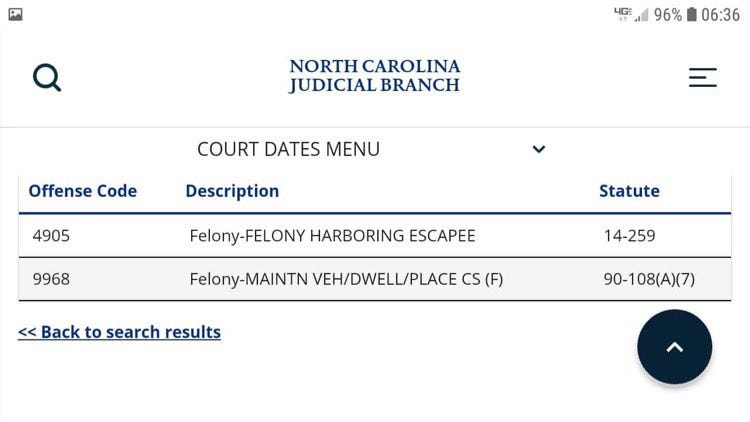
That August, two investigators, Maj. Brent Goodwin and Arthur Chancellor from CID, paid a visit to the Leshikar family. According to the Leshikar family, the investigators said they had no real jurisdiction over Lavigne since Leshikar was killed off post. They said Lavigne's harboring a fugitive felony charge could be used to kick him out of Special Forces and discharge him from the military. But that didn't happen before his death this month.
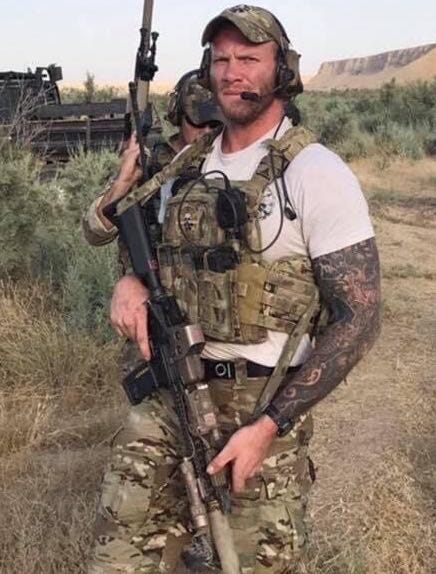
When questioned about the apparent inconsistencies in the Army's investigation and the Cumberland County Sheriff's investigation, USASOC spokesmen Col. Tage Rainsford said: “It is my understanding that the CID investigation of MSG Lavigne came to the same conclusion as the Cumberland County Sherriff’s Office in that it was justifiable and no charges were filed. I would refer you to CID for anything having to do with any of their investigations. As to any potential discharge, we’re not able to comment due to Privacy Act protections.”
When Connecting Vets reached out to CID on Fort Bragg regarding the deaths of Leshikar, Lavigne and Dumas, spokesperson Christopher Grey said: “All I am releasing is it is a homicide investigation. We are not granting interviews at this time.”
“If you murder a guy who is one of your most elite soldiers in the world and no one gives a shit, it is bothersome,” Ciolino said. “This is classic, let's cover it up. Then the shooter then winds up dead on the military base, basically gets assassinated. There are no coincidences in life like this. It's like winning the lottery twice in a couple years, that's what these odds are.”
Connecting Vets reached out to members of Lavigne's family for comment, but did not receive a reply by the time of publication.
When USASOC announced Lavigne's death, and homicide, at a training area on Fort Bragg this month, Leshikar's mother described her reaction: “When I found out he died, I wasn't happy, it made me sick. I knew I would never find out what really happened that night,” that her son had been killed.
With Leshikar and Lavigne dead, there remains only one witness to the killing: Leshikar's daughter. She was just five years old at the time of her father's death.
“My granddaughter was so relieved that he was dead that she was crying,” Mabey said. Since learning of Lavigne's death, Leshikar's daughter has opened up about it, saying she was previously afraid Lavigne would kill her mother if she spoke of it, Rick told Connecting Vets.
Because she is a minor, Connecting Vets is not identifying Leshikar's daughter and has not spoken directly to her. Instead, her aunt and grandmother relayed what she described.
Leshikar's daughter said that, “Uncle Billy was acting strange and that's why I let my daddy in,” to the house.
“She said that when she opened the door, and her daddy was mad and walking towards uncle Billy and uncle Billy came around and shot him, and then my daddy did this,” her family described. The girl then mimicking how her father collapsed to the floor. Even after her father dropped to the ground, “he kept shooting. I looked at my daddy's face and I knew he was gone,” the girl told her family members.
Ciolino said he feels the daughter's statement is an accurate reflection of what appears in the medical examiner's report.
“The shot placement tells you everything you need to know. The bullet fragments under the carpet tell you this guy was shot while he was laying on the carpet incapacitated,” he said.
“This is why people don't have any faith in the justice system,” Ciolino continued. “Justice is a very elusive thing, it moves around like air. Sometimes it happens and sometimes it doesn't happen. Sometimes it only happens because someone with a dog in the fight gets involved. When this happens, when you don't have the prosecution of the right guy, it's a string of human misery. Spouses, children, grandchildren, and on and on.”
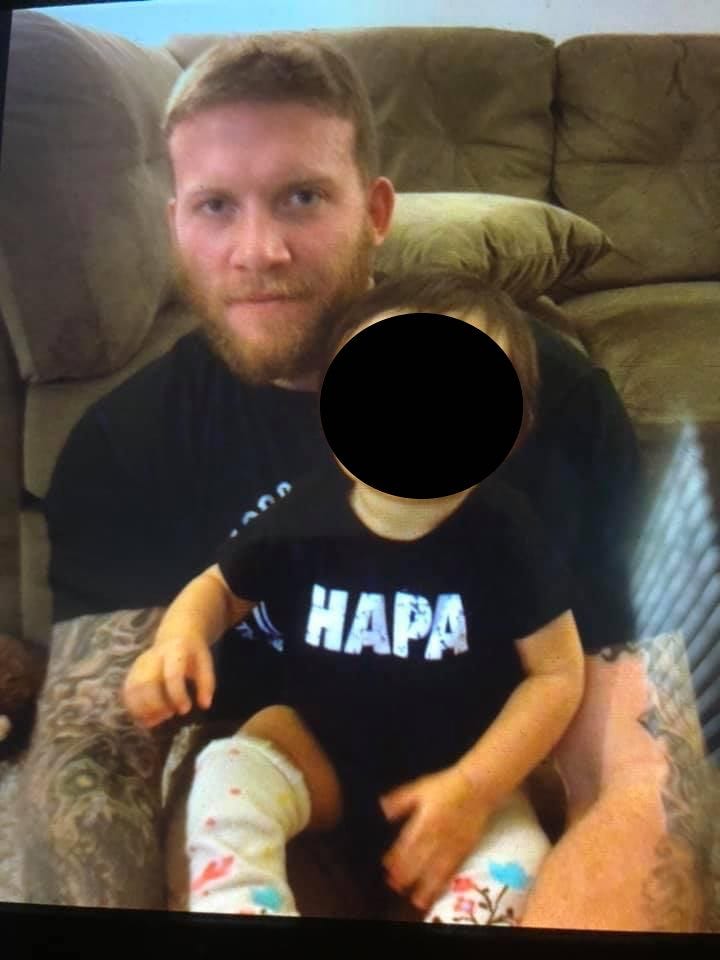
“Why they didn't do anything is because someone shit canned this whole thing very high up. There is no screw driver here, that is enough to go DEFCON 4 on this. You get everyone in for a forensic interview, get emails, social media and everything else in the next 48 hours. Who told somebody to shut this down? That little girl will never ever forget what she witnessed,” he said.
While Leshikar's daughter has been able to grow and thrive despite a traumatic event, the rest of the family feels they have been cheated by the Army and the Sheriff's Office out of ever seeing justice served, especially after Lavigne's apparent homicide.
“In his heart, he was all for defending people who could not defend themselves,” his mother said about her late son. “Which is why he became a Green Beret and why 'De Oppresso Liber' meant everything to him because that was who he was to his core.”
Reach Jack Murphy: jack@connectingvets.com or @JackMurphyRGR.
Want to get more connected to the stories and resources Connecting Vets has to offer? Click here to sign up for our weekly newsletter.
